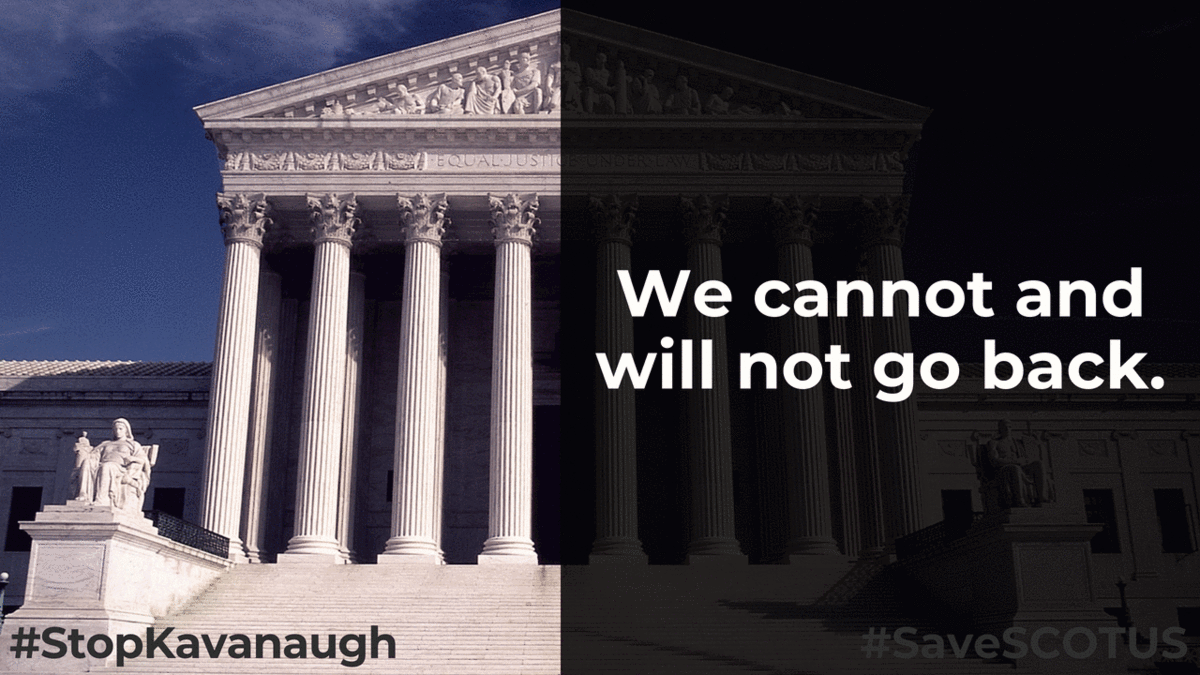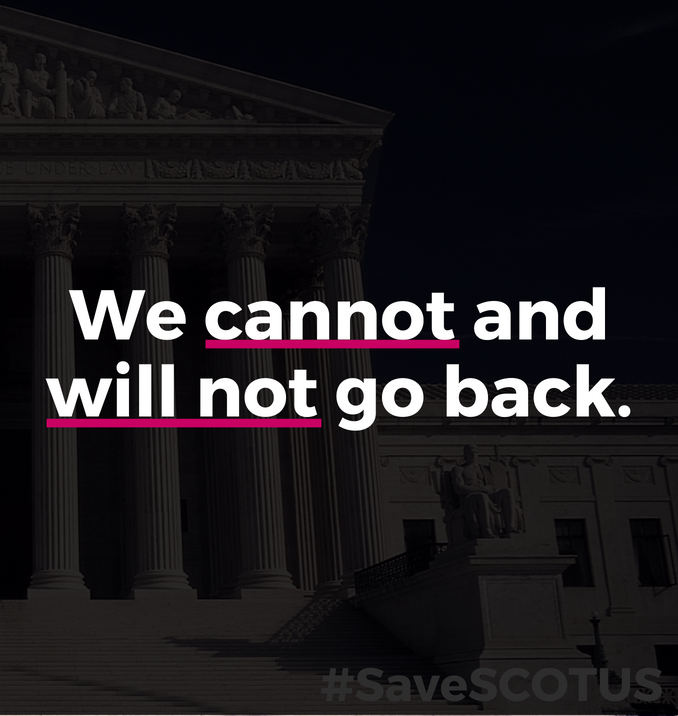As we celebrated the 53rd anniversary of Medicaid a month ago on July 30, I found myself wondering where my family would be without it. Although Medicaid was a vital part of gaining access to basic health necessities like vaccinations and check-ups, our relationship with it was precarious throughout the years. Some years we qualified, while others we did not. And whether we were covered by Medicaid or not, one thing remained constant: we could not afford the crushing cost of private insurance.
The gap between the federal poverty line and those who can afford their own health insurance has left millions uninsured since the inception of Medicaid in 1965, posing various health crises in America. This health care gap was the catalyst that eventually led to the proposal and ratification of the Affordable Care Act in 2010 and continues to push the conversation even further, advocating for even more progressive reform: universal health care.
While health care is a basic necessity, it is also one of the most politically contested topics and has only grown more and more contentious since the implementation of the ACA. The Affordable Care Act requires Medicaid expansion, which focuses on making Medicaid more accessible to people who, like my family, find themselves in the health care gap where they are often not eligible for Medicaid but also cannot afford private insurance. The ACA is designed to increase eligibility to all individuals with incomes up to 138% of the federal poverty level as well as expand requirements as to who can be covered, allowing any adult to be eligible for Medicaid regardless of their disability and parental statuses.
However, since the ACA’s implementation, many state governments have chosen not to accept the expansion as part of their state’s Medicaid plans. In 2012, the Supreme Court case National Federation of Independent Business v Sebelius allowed states to opt out of this once mandatory expansion. From that point on, state governors and leaders have been able to decide whether or not they wanted to accept the federal government’s Medicaid expansion for their state.
As of 2018, 2.2 million adults are uninsured in states that have not taken Medicaid expansion. States like Idaho, Nebraska, and Utah are among those who have not accepted the expansion but are in the process of “considering” it. In Idaho, there are approximately 126,000 adults in the coverage gap who have been left without health care. In Nebraska this number is 90,000, and in Utah it’s 78,000.
As of last Friday, all three states officially have initiatives on their ballots in November to expand Medicaid. These measures – Utah’s Proposition 3, Idaho’s Proposition 2, and the Nebraska Medicaid Expansion Initiative – all need a majority of YES votes to help close the health coverage gap for Americans living without health care.
But – even if these ballot measures are to pass in November – conservative extremist and Supreme Court nominee Brett Kavanaugh will likely continue to chip away at health care until the ACA is stripped entirely if appointed to SCOTUS. Kavanaugh has sought to undermine key provisions in the Affordable Care Act and was hand-picked by President Trump, who has personally vowed to repeal the Affordable Care Act and has gone on record criticizing Chief Justice Roberts for failing to dismantle it. And Kavanaugh’s judicial record up to this point only further reiterates his disdain for the ACA:
- 2011: As part of the D.C. Circuit Court of Appeals, he offered his dissent in the SCOTUS ruling that the ACA was constitutional.
- 2015: He dissented the decision to rehear the ruling against the religious-liberty challenge to the Affordable Care Act’s contraceptive coverage mandate. He cited that by requiring religious organizations to submit a form that would offer contraceptives to their employees or otherwise pay the penalty, the government is infringing upon the religious freedoms and constitutional rights of that organization.
The entirety of the Affordable Care Act might come under attack from the Supreme Court soon, as 20 states have taken to Texas federal courts to assert that, without the individual mandate (repealed in 2017), the ACA is inoperative. With Kavanaugh on the Supreme Court, there is a likely chance that the ACA will be repealed entirely and the millions who rely on it will be left without any health care coverage.
The nomination of Brett Kavanaugh to the Supreme Court would endanger many of our most basic rights and protections. And Kavanaugh’s appointment would not only be detrimental to our rights right now – he would have a stake in our liberties for generations to come.


